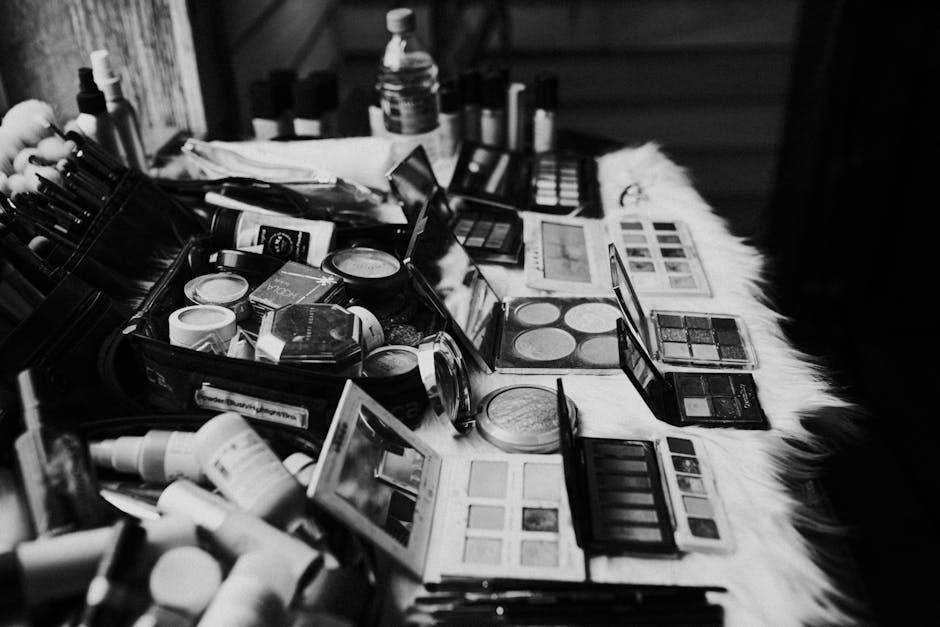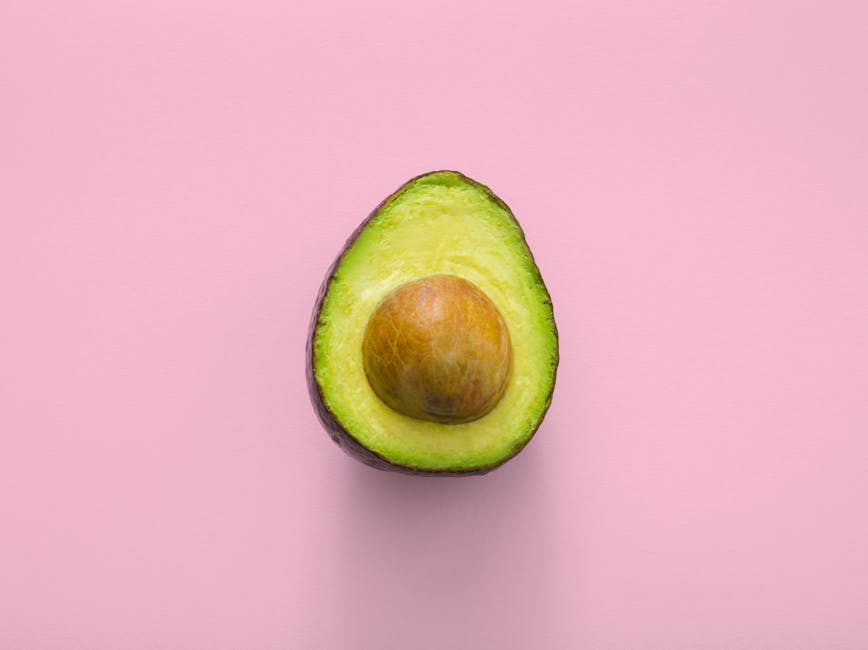The fashion and beauty industries, captivating and influential, are not immune to the complexities of ethical considerations. From sourcing materials to promoting images, a plethora of moral dilemmas permeate these sectors, impacting everything from worker well-being to environmental sustainability. This article delves into the multifaceted ethical landscape, examining pivotal issues and outlining potential pathways towards a more responsible future.
A Crucial Examination of Supply Chains
One foundational aspect of ethical fashion and beauty is the scrutiny of supply chains. Transparency, a paramount value, allows consumers to understand the journey of their products from raw material to finished garment or cosmetic. This intricate chain often involves a global network of producers, manufacturers, and distributors, each with their own set of ethical challenges. Exploitation of labor, including substandard wages, unsafe working conditions, and excessive working hours, sadly remains a persistent concern. A significant percentage of workers, particularly in developing countries, are vulnerable to these practices.
Another crucial dimension within the supply chain is the use of ethically sourced materials. Issues surrounding sustainable sourcing of cotton, often associated with water pollution and pesticide use, or the detrimental impact of the leather industry on animal welfare, require immediate attention. Furthermore, the use of synthetic materials, while often cost-effective, contributes to significant environmental problems. The accumulation of plastic waste from packaging and discarded products, particularly in the beauty industry, necessitates innovative solutions for sustainable alternatives.
Beyond the tangible, the image-related implications of production processes also merit attention. The “fast fashion” phenomenon, driven by rapid design cycles and consumer demand for constant novelty, necessitates a re-evaluation. This model, characterized by low production costs often achieved through exploitative labor practices, needs serious consideration. A paradigm shift, focusing on longevity of pieces, durability, and ethical sourcing, is essential.
The Beauty Industry’s Ethical Imperatives
The beauty industry, with its focus on aesthetics, faces equally demanding ethical considerations. A critical examination of animal testing is imperative. The continued use of animal testing for cosmetic products remains an ethical concern worldwide, despite advancements in alternative testing methods. This issue highlights the urgent need for a global shift towards cruelty-free practices and the adoption of transparent labeling policies.
Furthermore, the promotion of unrealistic beauty standards within the industry is a significant problem. Advertising and social media often portray highly curated images of beauty, frequently unattainable and potentially harmful to the self-esteem of consumers, particularly young people. Addressing this issue requires a collaborative effort between brands, influencers, and regulatory bodies to promote body positivity and diversify the representation of beauty.
The Importance of Environmental Consciousness
Environmental concerns are intertwined with every aspect of the fashion and beauty industries. The production and disposal of textile materials are significant contributors to pollution. The water usage in textile dyeing processes and the release of harmful chemicals into the environment highlight the urgent need for eco-friendly practices. The beauty industry, similarly, must consider the environmental footprint of its packaging and the disposal of products. Implementing sustainable packaging solutions, reducing waste, and encouraging recycling are crucial steps towards a more environmentally responsible approach.
A Path Forward: Strategies and Solutions
To navigate these intricate ethical considerations, the fashion and beauty industries must adopt comprehensive strategies. Transparency in supply chains is paramount. Full disclosure about the origins of materials, labor practices, and environmental impact is essential. Companies should invest in fair trade certifications and seek third-party audits to ensure ethical practices are rigorously enforced.
Another key approach is to foster collaboration among industry stakeholders. Brand transparency is critical to consumers. Supporting sustainable alternatives for production and packaging is a responsibility of all companies involved. Collaboration with NGOs and advocacy groups can provide essential insights and support in navigating the complex ethical terrain.
Consumer education and awareness play a crucial role in driving change. Educating consumers about ethical fashion and beauty options empowers them to make informed choices. Promoting sustainable practices and ethical consumption patterns through campaigns and educational initiatives can significantly impact industry trends.
In conclusion, the fashion and beauty industries are at a critical juncture. Addressing ethical considerations is not merely a matter of compliance, but of fundamental responsibility. By prioritizing transparency, sustainability, fair labor practices, and ethical marketing, these industries can shape a more responsible and sustainable future. Consumers, in turn, must actively seek out ethical brands and hold corporations accountable. Only through collective action and unwavering commitment to ethical principles can we pave a path toward a more just, equitable, and environmentally sound fashion and beauty landscape.


















